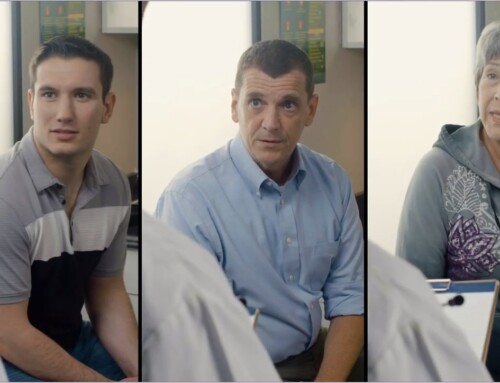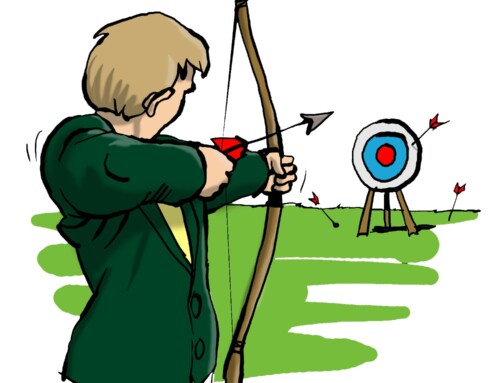Let’s get this out in the open. All good stage, film and TV actors do not make good voice talent – and vice versa. If you are used to having your script days ahead of time, with hours or even days of rehearsal with a director, you may not be able to get into the VO vibe.
Using a studio session as an example…let’s say a session is scheduled for 9 AM. You get to the studio at 8:55 (or earlier). Someone asks if you want coffee. You’re thinking “A script would be nice.” Someone hands you the copy around 9:15. (Traffic was bad?) If you are lucky, they may spend a minute filling you in on what they feel you should do with the copy before hustling you into the booth.
At 9:17 you enter your padded room, adjust your headsets. Look for a pencil with a sharp point (or pull out the one you always bring to a session) and read through the copy once by yourself – in relative peace – until the engineer turns on your mic and the sound of your own voice brings tears to your eyes. Not from sheer pride in your magnificent read, but from the blaring volume in the headsets.
By this time, the engineer has a level on your voice and if the microphone is pointed basically at your mouth, they are ready to “try one for time.” Ensconced on the copy stand in front of you is 40 seconds or more worth of words that the clients needs to have you read in 25 (or so) seconds – without having it sound rushed. Obviously picking it up that much is not going to benefit anyone – even if you could do it. So copy will have to be cut. Now where did that pencil go?
The producer has a finger on the talk back button – rattling off copy changes. “Cut the 3rd word in the 2nd line and the 5th word in the 6th line and the first three words of the next line. No, on second thought, leave in that first thing we cut and cut the last sentence before the announcer comes back. Oh, and can you start the whole spot with the the second to last line? Great, that should take care of about 10 seconds, you just have to pick it up by 5 seconds. Got that?”
The true voiceover professional “got it” and in the next take will usually get it right for “time.” A few takes later, after a minor nudge here and there by the producer/director, and the talent is out the door. (Your mileage may vary and yes, there are times when it takes a few more than a few takes.)
“Hey,” I hear people say, “voiceover sounds easy! You don’t have to memorize!” True, but you have to be able to read the copy as if you have had a director coaching you and working through your “motivation.” You have to instantly understand what is going on and deliver the meaning of the word – not just reading the words. In the theater, hours, days or weeks may pass before an actor stops giving line reads and a character emerges. In the recording studio this needs to happen within a few minutes. Not every actor can pull off this kind of sight reading – especially if there is 10 pounds of copy to cram into a 5 pound bag.
In many ways, this ability to wrap your head around the copy instantly is like being able to sight read music – and more specifically Jazz. You must understand basic sentence structure…the way the language works. You need to be able to read the “notes” (so to speak), find the rhythm, pace and flow, as well as know how to improvize. And you must know the sound of your voice and how to get it to do what you want it to do in very short order – without rehearsal.
The best talent is creative, agreeable, flexible and willing to stretch. The voice talent must have those same qualities, but with an added element of quickness.








Leave A Comment